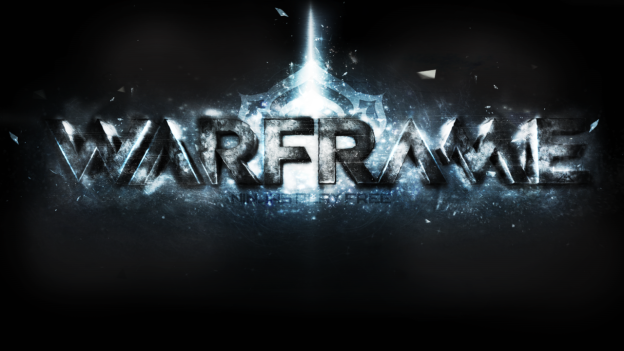 Warframe. A one sentence description of it could sound like “a free to play third-person mission based co-op space ninja shooter” but even that doesn’t do the game justice.
Warframe. A one sentence description of it could sound like “a free to play third-person mission based co-op space ninja shooter” but even that doesn’t do the game justice.
A game is so much more than what one does in the game or what the game lets you do; games are defined by its community. We all make judgements and assumptions about games based off of the community that has chosen to make that game theirs. Games like League of Legends are well known for their toxic community. A player may spend more time worrying about what kind of teammates they’ll que up with instead of what roles are going to be fulfilled and what the battle strategy is.
Warframe is a game that tends to have an overall welcoming community that does not mind helping guide both new players and seasoned vets in making gameplay decisions. There are members that make it their specific goal to guide the new players in discovering the parts of the game that aren’t completely explained in the tutorial mission. There are also high-level discussions between long time players about what items or tools work best in the highest tiered missions as well as great theorycrafting about the lore and the story behind the game play. No one says no in Warframe, instead they say things like “I haven’t tried that before,” “lets see how that works” or “this is an interesting mechanic, let’s explore further”.
This type of welcoming and thoughtful community is heavily aided by the developers (Devs). The Devs created an in-game organization called the Guide of the Lotus (the main in-game helping hand voice in the head character) specifically designed to make players that want to help new players easier to spot and to give them better resources to help them with. The Devs also are very active on the game forums: reaffirming theories, discussing bug reports, or asking for input on new design concepts. This allows players to feel connected to the people that make the game they enjoy so much. Often times there is a large gap in communication and face time with some developers of large companies and it makes it feel like the player is forgotten or alienated. But in Warframe there are numerous live streams throughout the week players are able to put a face to each of the Devs and understand that they (the Devs) also play the game that they make. This is a big deal because it lets the community know that the Devs see the players side of any problem.
The Devs make a strong effort to go and meet the players wherever they are. They attend conventions all over the world holding panels and hosting after parties so players can feel connected and engaged with the Devs. They’ve been to Seattle’s PAX, New York’s Comic Con, Germany’s GamesCon, and even to a small convention in their hometown of London, Ontario. There is always a Question and Answer part in any of the panels or after parties, and this gives players the chance to get a direct answer and have ongoing discussions with the Devs in person.
All these things are to say, simply, that Warframe the game is heavily reliant upon Warframe the community for its continued success and expansion. It relies upon the min-maxers to find cases of op or broken weapons or enemies. It relies upon the content creators to craft an album of breathtaking art and sculptures helping maintain in the game and outside of the game. It relies upon the explorers to find new areas and holes in the maps and new vantage points or hiding spots. It relies upon the fan-boys and girls to come out to Cons and show the Devs how much of an impact they’ve had on their lives. And it relies upon having a community that loves the game so much they can’t wait to invite new players and show them all the wonderful and exciting things in store for them.
Warframe.
A game you come to for the gameplay and stay for the community.


